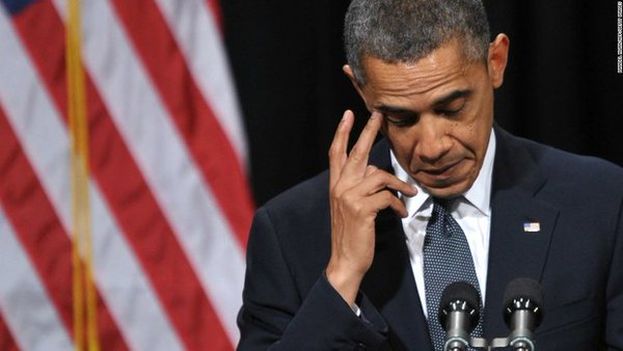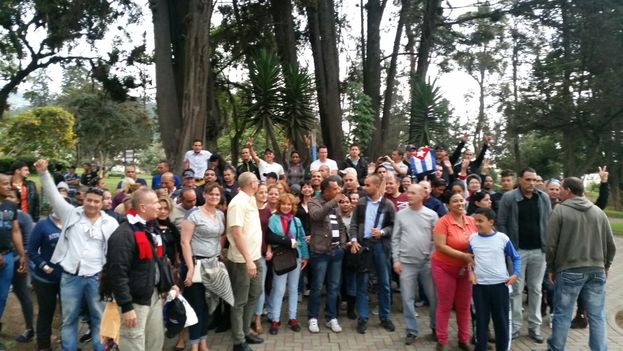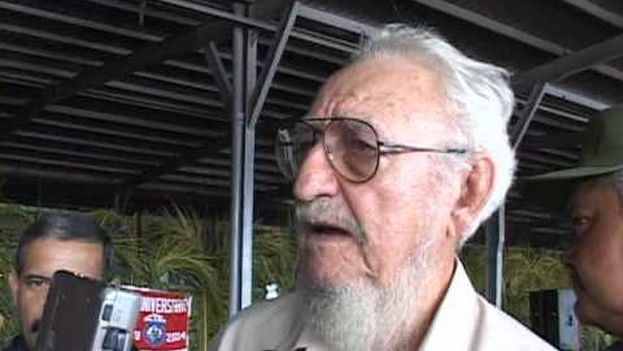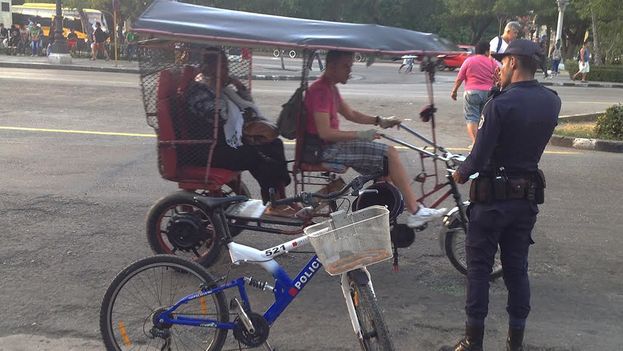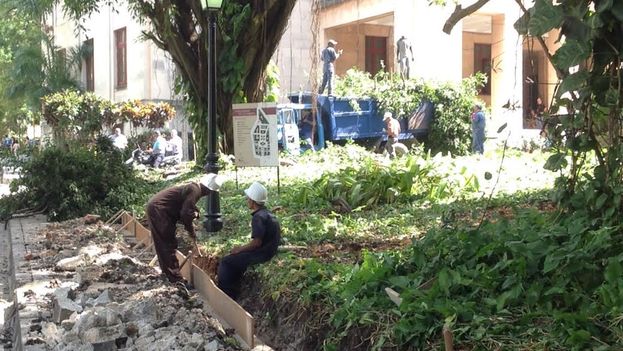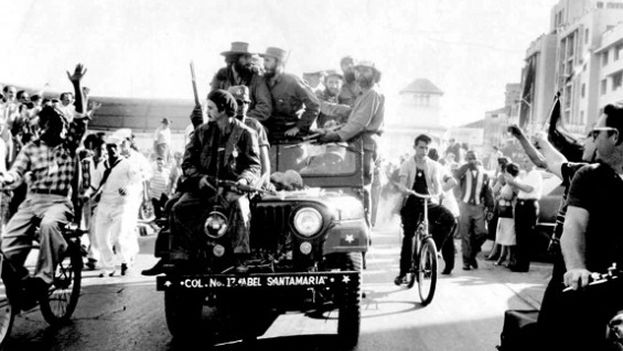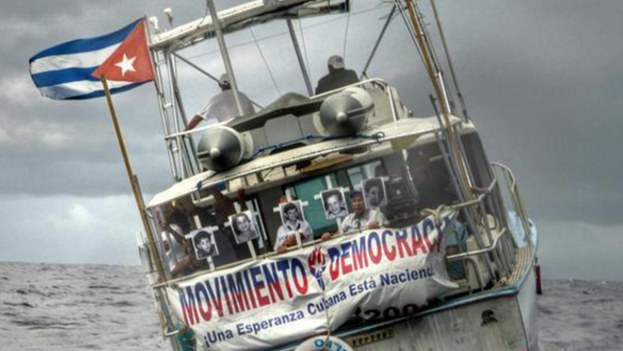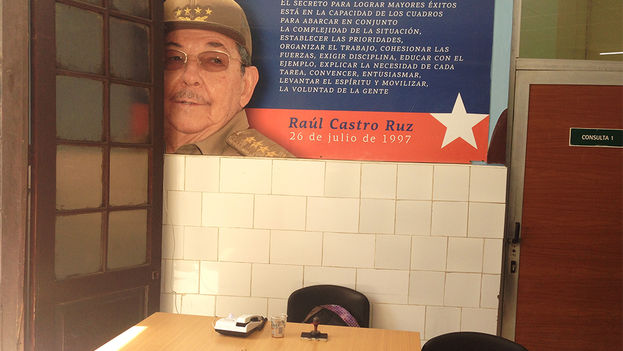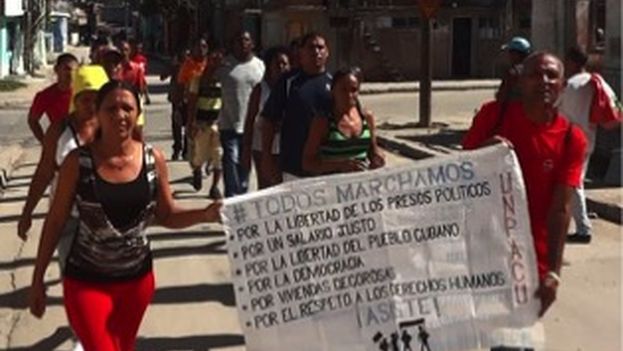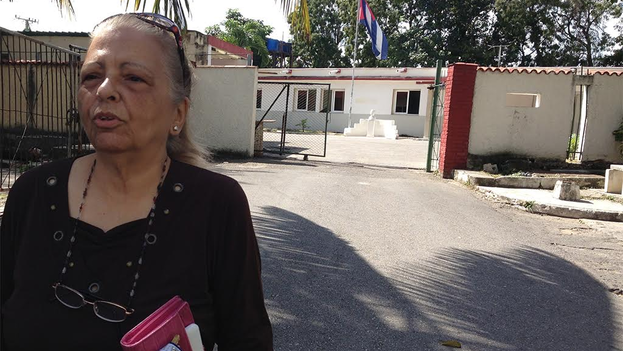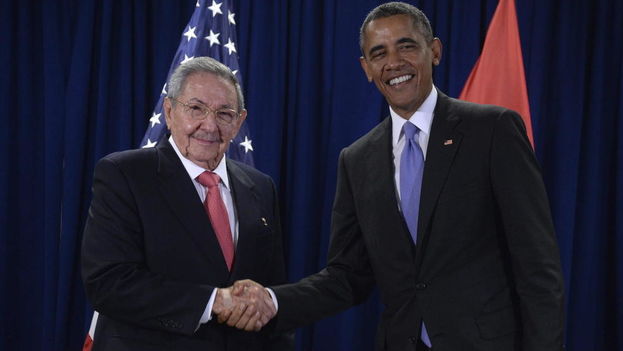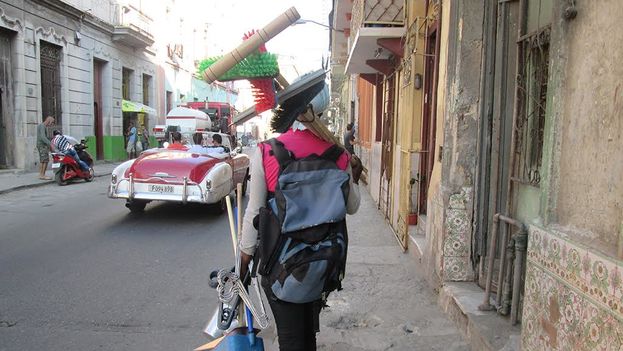A few hours before the news of the visit, the State Department announced that commercial flights will be resumed – up to a hundred a day – and authorized the installation of a tractor assembly plant. continue reading
The White House wants to hinder any involution of the measures taken, if after the November elections a candidate wins who is averse to having good trade relations with the Cuban regime.
It is highly significant that a US government spokesman has declared that Obama does not intend to visit Fidel Castro. It is a gesture of the desire to emphasize his lack of connection with the ideology of the dictatorship. At the end of the day, he was born after the Bay of Pigs and most of his career has been spent after the fall of the Berlin Wall. He is the first truly post-Soviet president of the United States.
Apart from the anthropological curiosity of a visit to the old tyrant, who is no longer head of state, but a gentleman encased in a tracksuit who says some very odd things, being photographed with him and listening to his infinite nonsense (now aggravated by age and infirmity), is a part of the well-known political ritual that, subliminally, conveys a message of solidarity or, at least indifference, to the second oldest military dynasty on the planet. The first is North Korea.
Obama does not want to make this mistake. He will meet instead with members of “civil society.” This expression includes the opposition. Perhaps he will talk with the journalist Yoani Sánchez, with the opponents García Pérez “Antúnez,” Cuesta Morua, and Antonio Rodiles, with the very brave Ladies in White who, every Sunday, march peacefully while the political police insult and attack them. The purpose is obvious: to give support to democratic pluralism.
Raul Castro, meanwhile, feels that he is participating in a contradictory and dangerous game. Obama has unilaterally declared the end of the Cold War in the Caribbean, although Havana continues to man the battle stations.
The activities of the Forum of Sao Paulo, the anti-American strategy of the countries that conform to 21st Century Socialism under the leadership of Cuba, the transfer of arms to North Korea in violation of UN agreements, and the unconditional support of Middle East terrorist organizations such as Hezbollah, are some signs of that old subversive anti-Yankee mentality that the Castros have never wanted to renounce.
General James Clapper, Director of US National Intelligence, said officially on 9 February in an appearance before the Senate Armed Services Committee: from the perspective of espionage, Cuba was one of the four most dangerous countries for the United States. The other three were Russia, China and Iran.
Hours later, the island returned an American missile carrying secret technologies that had been sent to Havana “by mistake” from a European airport. During the 18 months of the “mistake” the rocket had been in the hands of Cuban intelligence. In this period, experts assume, Raul Castro’s government had had time to copy it, sell it or share it with its anti-American allies.
What is Raul Castro going to do with the olive branch Obama has given him? Is he going to cancel the hallmarks of the Cuban Revolution and admit that he has been mistaken almost his entire existence?
I do not think so. For 60 years, since he climbed the Sierra Maestra and kidnapped some American marines, his leitmotif has been fighting Washington and trying to destroy the unjust capitalist system of production, convinced that the ills of Cuba derived from the private sector and the Yankees.
Then life proved otherwise: Cuba’s ills are the result of not enough capitalism, not too many Yankees, and of not enough democracy; deficiencies especially critical now with the death agonies of the generous Venezuelan cow, milked without pause or mercy in the midst of Real Socialism and of an orgy of corruption to which the masters of Havana are not alien.
A noted international development expert who prefers anonymity told me, “If Raul intends to overcome the economic and social crisis that afflicts Cuba, his timid reforms will accomplish nothing if he doesn’t open the political game and establish a regimen of freedoms, even though this would imply the eventual loss of state control.”
And then he concluded, “As long as there is a single party and as long as the large business enterprises are in the hands of a bureaucratic clique that makes the decisions, the country will continue to sink.”
His compatriots all know this well. And so they flee.
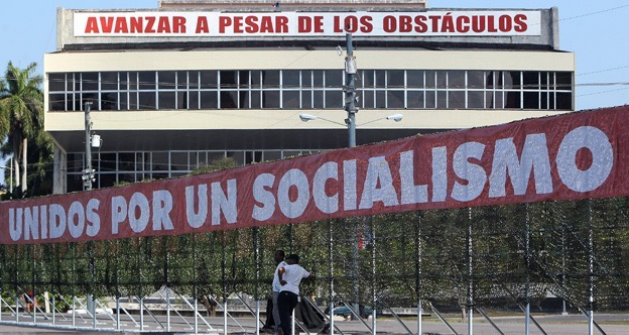
![]() 14ymedio, Havana, 19 February 2016 — The meeting “Socialism And The Society We Want, organized by several organizations for tomorrow at the Omega Cinema in Havana, had to be postponed because at the final hour the management of the site reported that the theater “will not open its doors that day.”
14ymedio, Havana, 19 February 2016 — The meeting “Socialism And The Society We Want, organized by several organizations for tomorrow at the Omega Cinema in Havana, had to be postponed because at the final hour the management of the site reported that the theater “will not open its doors that day.”
